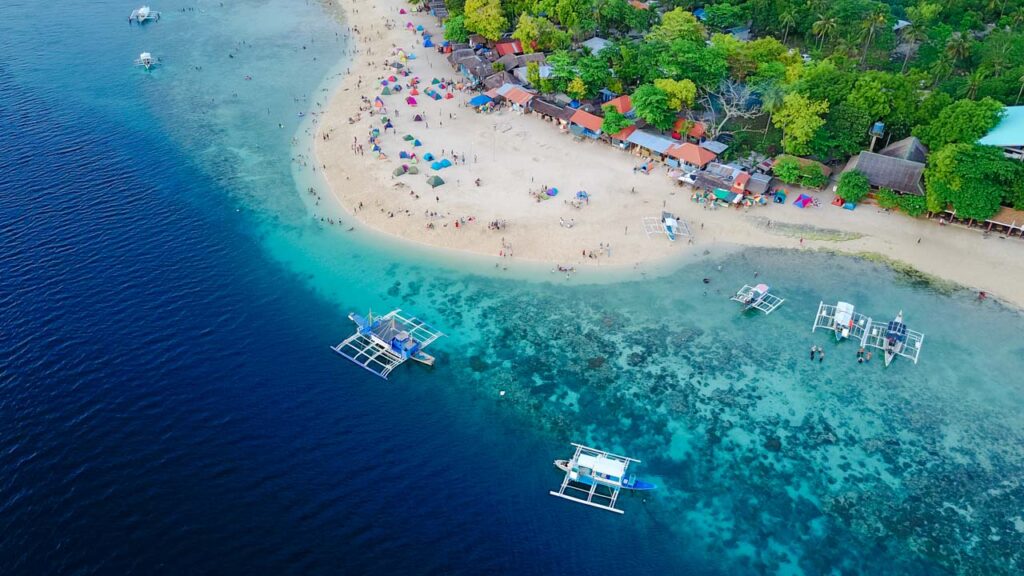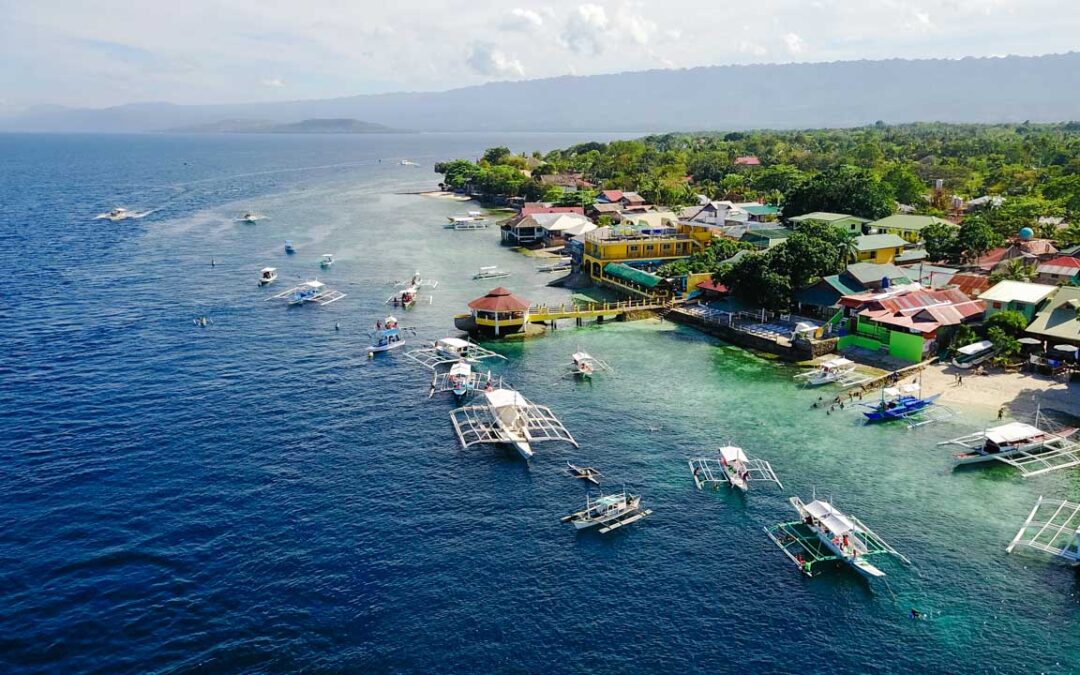The first light of dawn spills over the horizon, painting the sky in soft orange and gold. A small fishing boat glides across the calm sea, its wooden hull creaking softly as it heads toward a neighboring island. For the fishermen aboard, this is more than just water — it’s the road that leads them to family, trade, and opportunity.
Indonesia is the world’s largest archipelago, stretching across more than 17,000 islands, from Sabang in the west to Merauke in the east. And binding these islands together is not a strip of asphalt, but a vast expanse of ocean.
For centuries, the sea has been our cultural bridge. Maritime routes have carried not just goods, but stories, traditions, and languages. The graceful curves of a phinisi schooner in South Sulawesi share a kindred spirit with the simple elegance of a jukung canoe in Bali. Coastal communities from Aceh to Papua celebrate their own versions of sea rituals — from Larung Sesaji, where offerings are set afloat, to Nyepi Laut, a day of rest for the sea.
The ocean is also our trade highway. In the days of the spice trade, these waters drew merchants from across the globe — Arabs, Chinese, Indians, and Europeans — all weaving Indonesia into the fabric of world commerce. Today, shipping lanes still connect the remotest islands with bustling markets, ensuring that life flows smoothly across the archipelago.

Beneath the waves lies an even more extraordinary connection: biodiversity. Indonesia sits at the heart of the Coral Triangle, home to the richest marine life on the planet. Migratory whales sing their way from one province to another, tuna travel hundreds of kilometers through open seas, and sea turtles return faithfully to the same beaches year after year. These creatures do not recognize political boundaries — they remind us that the ocean is one, and so are we.
Yet this lifeline is under strain. Overfishing, plastic waste, and habitat destruction weaken the ocean’s ability to connect and sustain us. Rising sea temperatures and acidification threaten our coral reefs, the very foundation of our marine ecosystems.
As we celebrate Indonesia’s Independence Day, let us remember that our freedom is tied to the freedom of the seas — freedom from pollution, exploitation, and neglect. Protecting our ocean is not just an environmental duty, but a patriotic one. For as long as our seas thrive, they will continue to bind our islands, our cultures, and our future together.
All images are subject to copyright to their respective owners and are not owned by ZeroWaste Center by R.O.L.E. Foundation.


Recent Comments